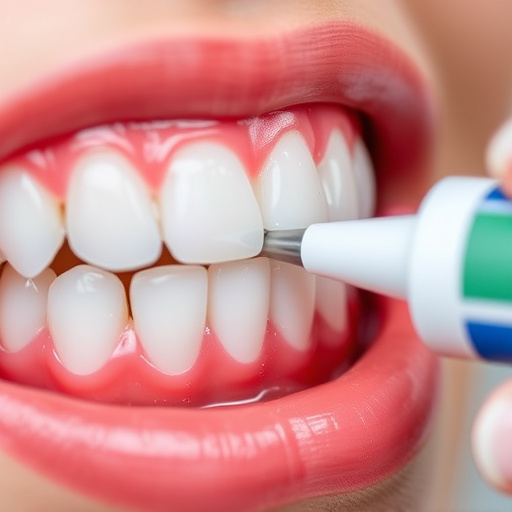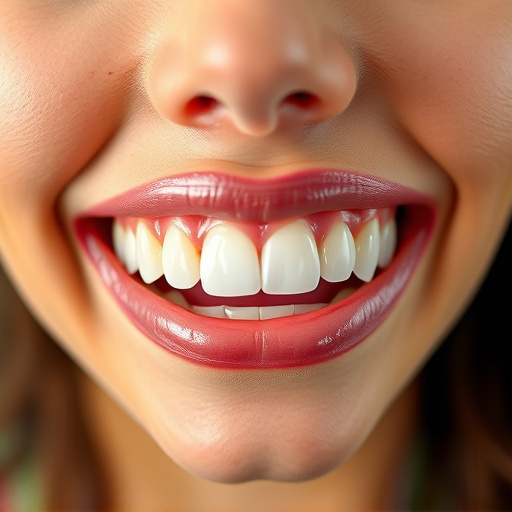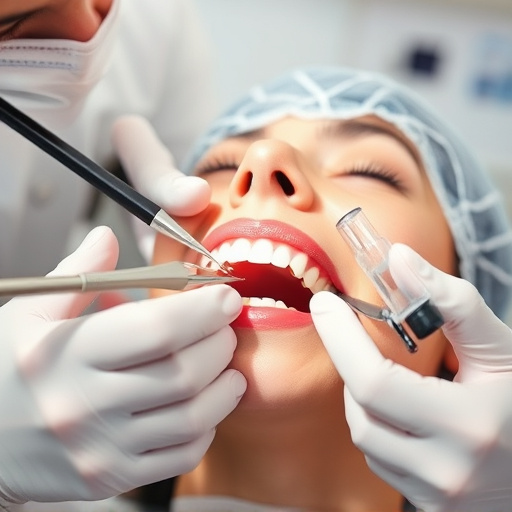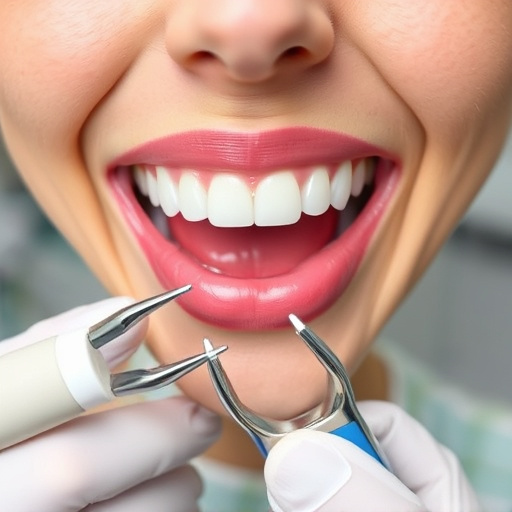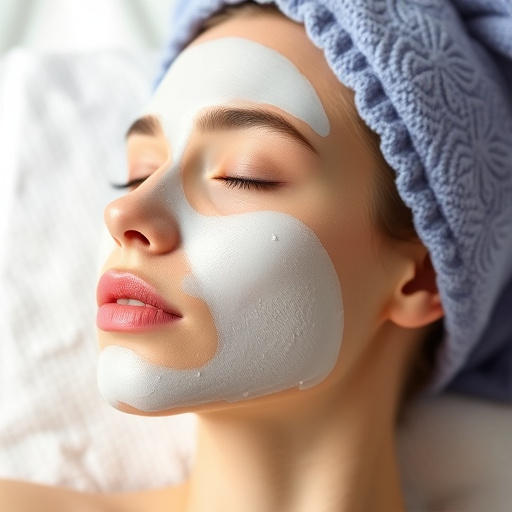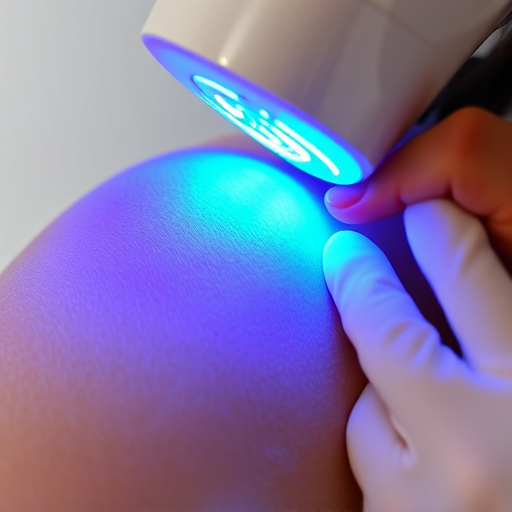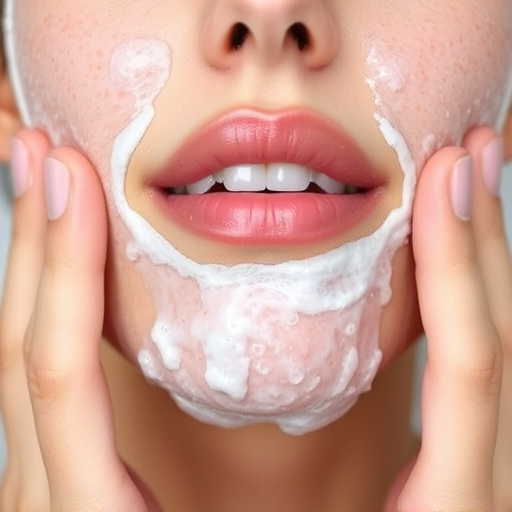Holistic dermatitis treatment involves diet (anti-inflammatory foods, eliminating triggers), environmental trigger awareness (soaps, fabrics, climate), and lifestyle changes (exercise, stress management) addressing dietary & environmental factors for long-lasting relief. Incorporate omega-3s, vitamins E/C, antioxidants; promote gut health. Keep a flare-up log to identify personal triggers. Consider hydrated facials or procedures like laser hair removal.
Dermatitis, a common skin condition marked by itching and inflammation, often requires a multifaceted approach for effective management. While topical medications play a crucial role in dermatitis treatment, dietary and environmental adjustments can be game-changers. Understanding how food impacts your skin and identifying triggers in your surroundings are essential steps. By making lifestyle modifications, you can significantly enhance the effectiveness of dermatitis treatment and improve overall skin health.
- Understanding Diet's Role in Dermatitis Management
- Identifying Environmental Triggers for Skin Inflammation
- Lifestyle Modifications for Effective Dermatitis Treatment
Understanding Diet's Role in Dermatitis Management

Dermatitis treatment often involves a holistic approach that considers various factors contributing to skin inflammation. One significant aspect is understanding how diet plays a crucial role in managing dermatitis. The food we consume can either exacerbate or alleviate symptoms, making dietary adjustments a vital component in the dermatitis treatment plan. Many people with dermatitis find relief by adopting an anti-inflammatory diet that focuses on whole foods and eliminates potential triggers.
By removing certain dietary irritants, individuals may experience reduced skin irritation and itching. For instance, eliminating processed foods, refined sugars, and specific allergens can significantly impact dermatitis symptoms. Additionally, incorporating nutrient-rich foods like omega-3 fatty acids, vitamins E and C, and antioxidants has been linked to improved skin health. Some studies even suggest that certain dietary changes, such as those promoting gut health, may indirectly benefit skin conditions like dermatitis by strengthening the immune system.
Identifying Environmental Triggers for Skin Inflammation

Many people suffer from dermatitis, a skin condition characterized by redness, itching, and inflammation. When it comes to effective dermatitis treatment, understanding environmental triggers is key. These triggers can vary widely from person to person but often include common irritants like certain soaps, fabrics, or even climate changes.
For instance, dry air during winter months or exposure to allergens such as pollen and pet dander can exacerbate symptoms. Moreover, for some individuals, specific foods in their diet may act as triggers. Professional skincare experts recommend keeping a detailed record of when flare-ups occur, along with recent activities and products used, to identify personal environmental and dietary irritants. This knowledge empowers individuals to make informed adjustments, including incorporating hydrating facials or exploring innovative treatments like laser hair removal (a non-related but advanced cosmetic procedure), to manage their dermatitis symptoms effectively.
Lifestyle Modifications for Effective Dermatitis Treatment

When it comes to dermatitis treatment, lifestyle modifications play a pivotal role. Beyond topical creams and medications, making strategic adjustments to your daily routine can significantly enhance the effectiveness of dermatitis treatment. This includes maintaining a balanced diet rich in nutrients that support skin health, such as omega-3 fatty acids and antioxidants. Additionally, minimizing exposure to irritants and allergens commonly found in household products, cosmetics, and environmental factors can help prevent flare-ups.
Incorporating practices like regular exercise, stress management techniques, and adequate sleep into your lifestyle can also contribute to a successful dermatitis treatment plan. Hydrating facials and other skin rejuvenation techniques can further benefit the skin by providing deep nourishment and promoting a healthier complexion. Remember, addressing both dietary and environmental aspects is crucial for achieving long-lasting relief and improving overall dermatitis treatment outcomes.
Dermatitis treatment requires a multifaceted approach, where dietary adjustments and environmental awareness play pivotal roles. By understanding the impact of nutrition on skin health and identifying triggers in the surroundings, individuals can make informed lifestyle modifications to effectively manage their condition. These strategies not only alleviate symptoms but also promote long-term relief, emphasizing the importance of a holistic view in dermatitis treatment.
